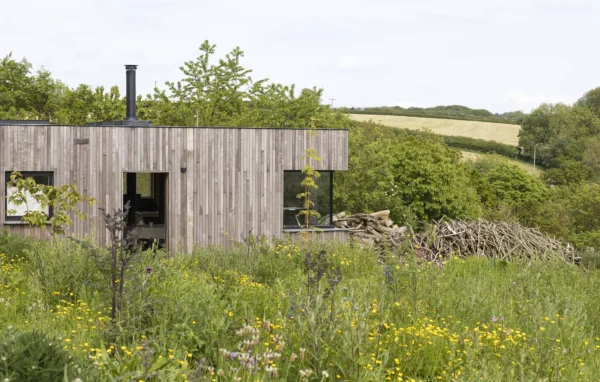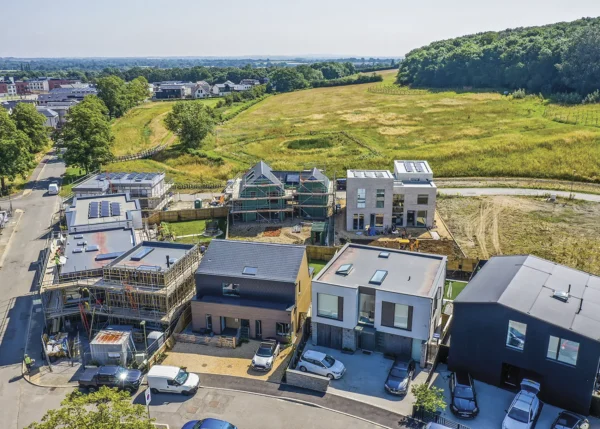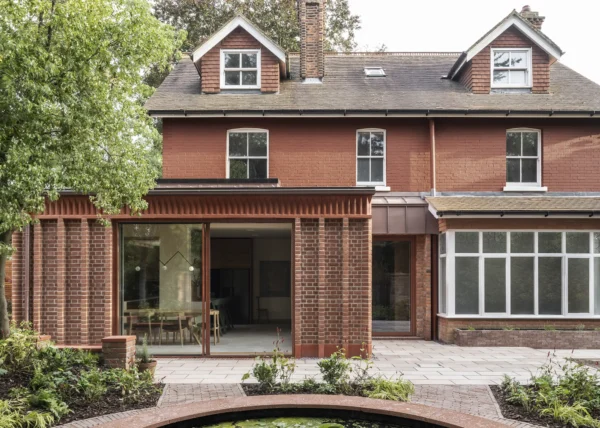Julia and Robert Adams had a lucky escape during their second self build, when they narrowly dodged buying a substandard plot under shady circumstances.
I’ve asked Julia to share her story and what advice she has for fellow self builders. Read on to find out how you can avoid the same thing happening to you.
Tell us about the site that you ultimately decided against buying
While browsing an estate agent’s website, we found a plot in Gloucestershire with planning permission and building control approval for an attractive eco home. It looked brilliant, so we requested all its documentation to put in our tender.
Despite constant reminders, the estate agent only made files available to us a week before the application deadline, and some were still missing with just days to go. It wasn’t fantastic service.
We put in our offer, subject to receiving the right information, and won the bid. Then we started to find issues.
There were pockets of Fuller’s earth – a type of absorbent clay susceptible to movement that could cause subsidence – in the area and an undisclosed gas main underneath the footprint of the proposed property. The north-western site boundary was unmarked and the vendors refused to clarify it correctly.
When my husband, Robert, took matters into his own hands, he found that a neighbour was using 25m² of the site as a driveway!
We were left unsure of what exactly we would be buying and if we would be plunged into a legal battle with the residents next door.
Key documents about ground conditions were also missing. There was, however, a 2014 preliminary geological survey appraising the land’s condition.
I contacted the geologists, who told me they had recommended conducting a full stability study, but the vendors had declined. This was when alarm bells really started ringing.
The plans for the eco home utilised existing foundations that were dug in the 1970s, when planning permission had been granted for 12 homes in the area, but ultimately left undeveloped on this site. Now we knew any new house would be built on potentially unsound groundworks.
What went through your mind when you uncovered these issues?
We were concerned that with the limited material available, and under such rushed conditions, less technically-minded buyers might see the planning permission with building control’s approval and feel happy proceeding with the purchase.
In reality, there was absolutely no basis for any confidence this dwelling could be constructed in the manner it was being marketed.
The vendors kept pushing us to exchange. When we requested more information, they told us to buy it as is, or they would call off the sale. We realised they were conning us and pulled out! We told our estate agent, but they said it was the buyer’s responsibility to do their due diligence, and are still representing the site.
What have you learned from this process?
I didn’t know that building control might assume existing foundations are appropriate when making approvals.
This is because it’s not their risk; it’s the structural engineer’s or the self builder’s. I don’t think this is common knowledge.
I worry unscrupulous vendors will think that, if they get planning permission for a proposed house, they can trick people into undertaking an endeavour they only realise is impossible when their bulldozer hits a gas main, for example, or they find some pockets of Fuller’s earth, or similar issues, underground.
How can self builders avoid buying substandard plots?
You have to be ruthless and walk away if you suspect any foul play. Just because building control has approved a design, or planning permission has been granted, it doesn’t mean all is well under the ground.
Also, you can’t always trust that estate agents are acting in your best interests. They might be very personable and professional, but never forget that any sale comes at your risk alone.
Keep asking for all the details and make sure you have at least a couple of professionals around you that you can trust. We used the same project manager, Andrew Davies at Roman Projects, from our first self build to advise us, who was great.
Also, I’m not technical, so when I looked through the available documentation I didn’t notice that there were some important calculations missing. My husband, who is much better at assessing these things, spotted it and flagged it as a worry. So it really helps to have someone savvy on hand to assess whether the information available all adds up.
When buying a plot, you should also always choose an experienced specialist land acquisition solicitor and don’t be scared to add conditions to your purchase.
We used the Best Value Conveyancing agency, which finds you a firm of solicitors that are suitable for your needs. They sourced us a professional in London called Ross Milnes and we negotiated a fixed fee for his services. He was great.
How did this time differ from your previous self build?
It was much simpler before. Back in 2009, there was more land for sale than buyers, so it was quite easy to find something good. Plus, our first site was located on bedrock on top of a hill, so there was no stability issue.
Saying that, back then as first timers, we didn’t even think to check for issues before starting our build. We just want to make sure other people don’t end up in the same situation we found ourselves in this time. For now, we are still looking for a plot!
All pictures shown are for illustration purposes

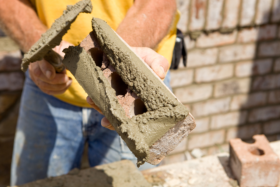


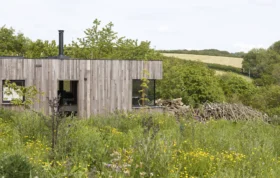
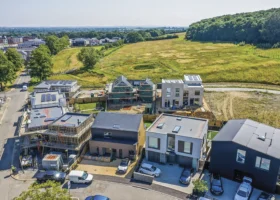
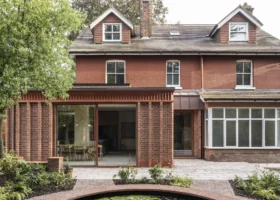
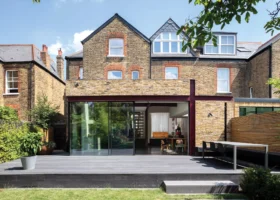




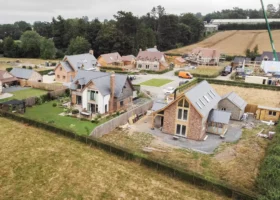



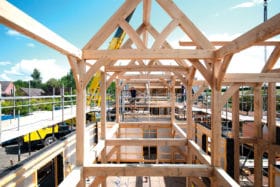
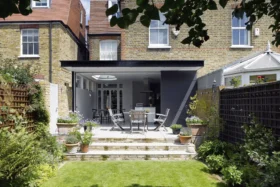

















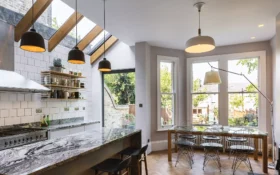
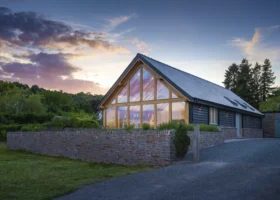

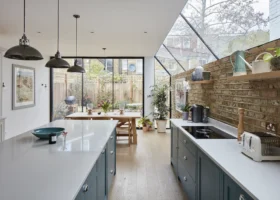





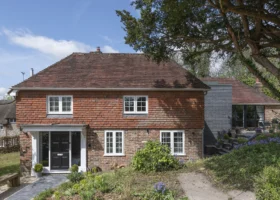

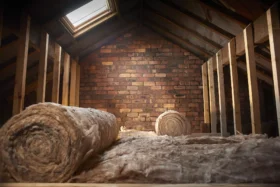
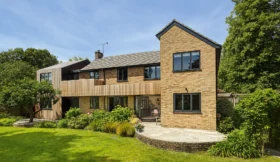

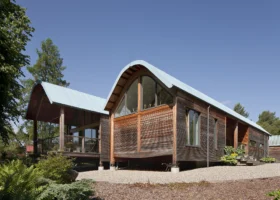

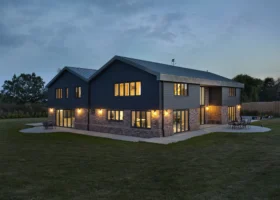
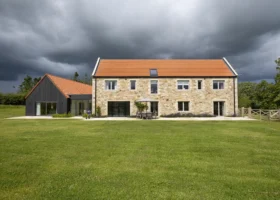
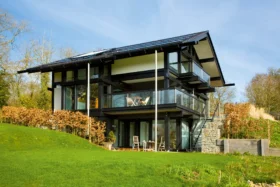


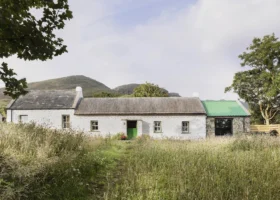
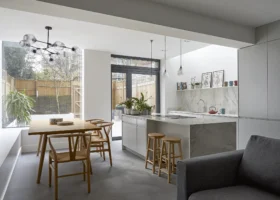

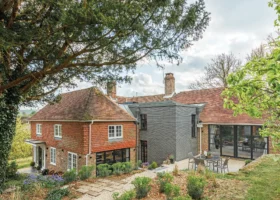























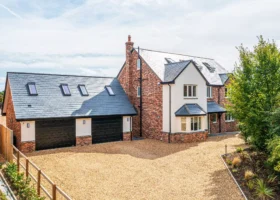


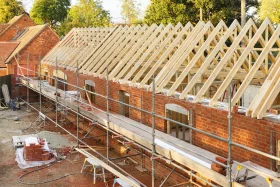










 Login/register to save Article for later
Login/register to save Article for later

